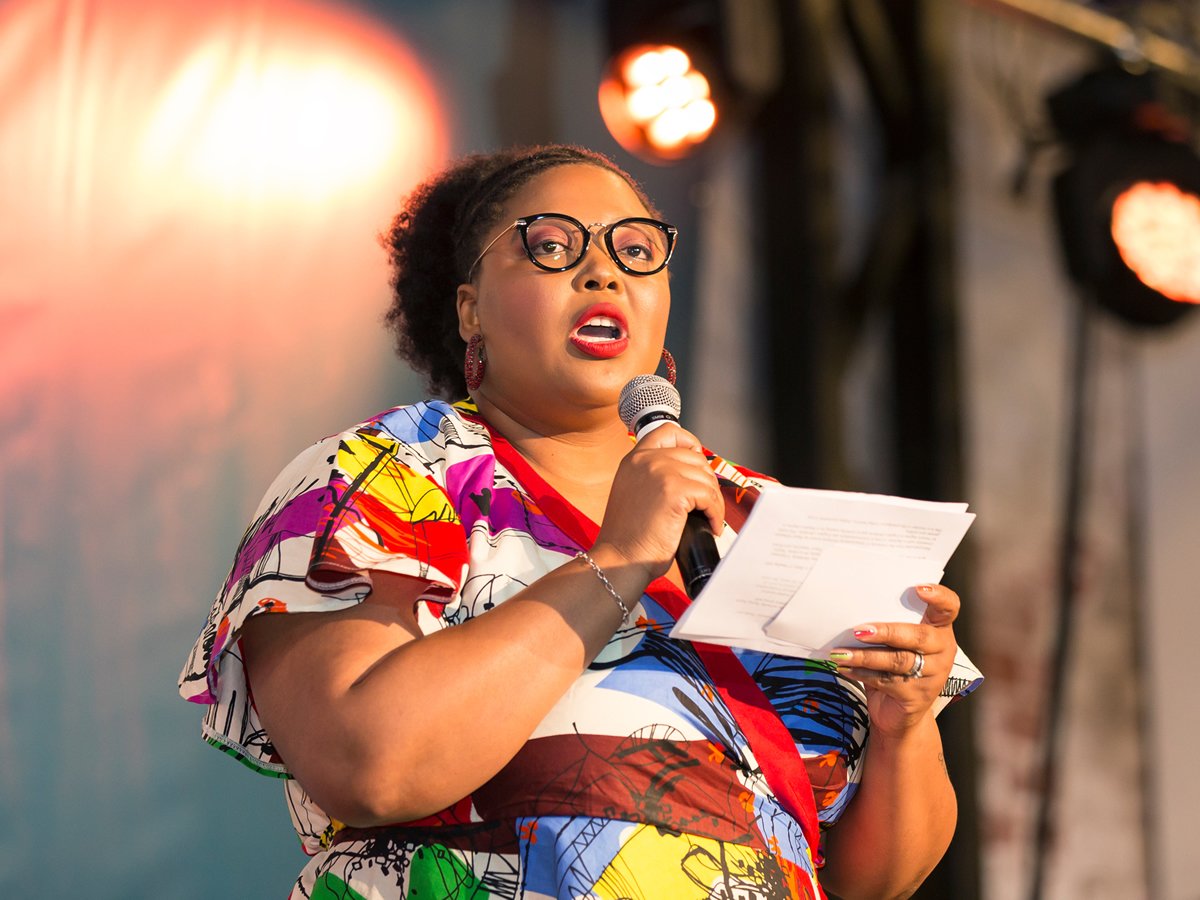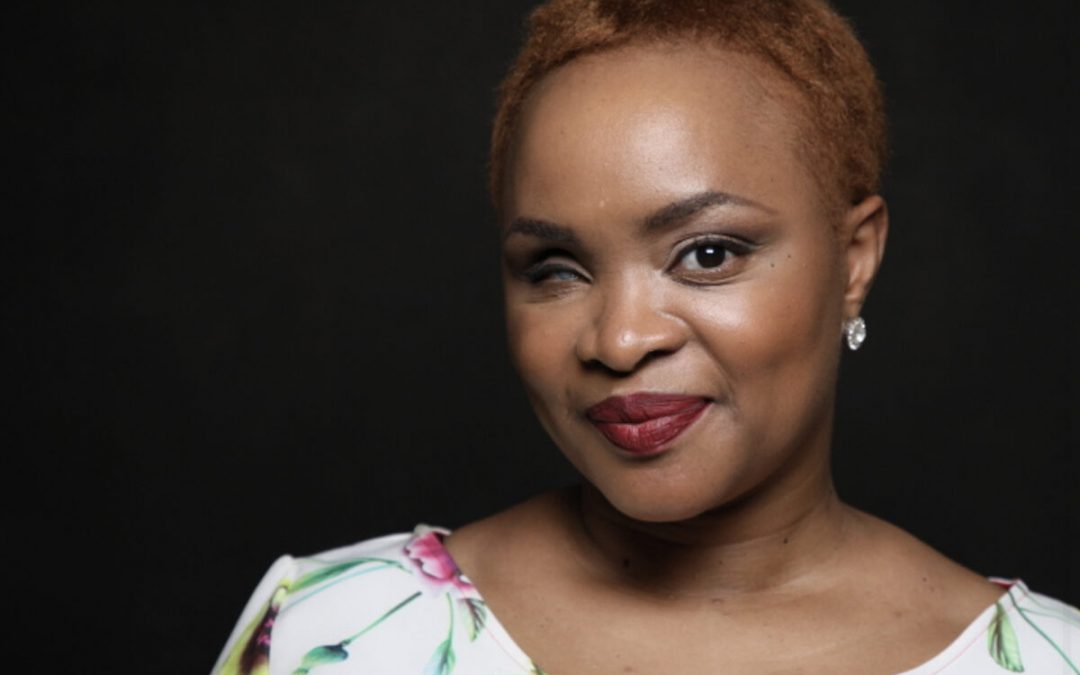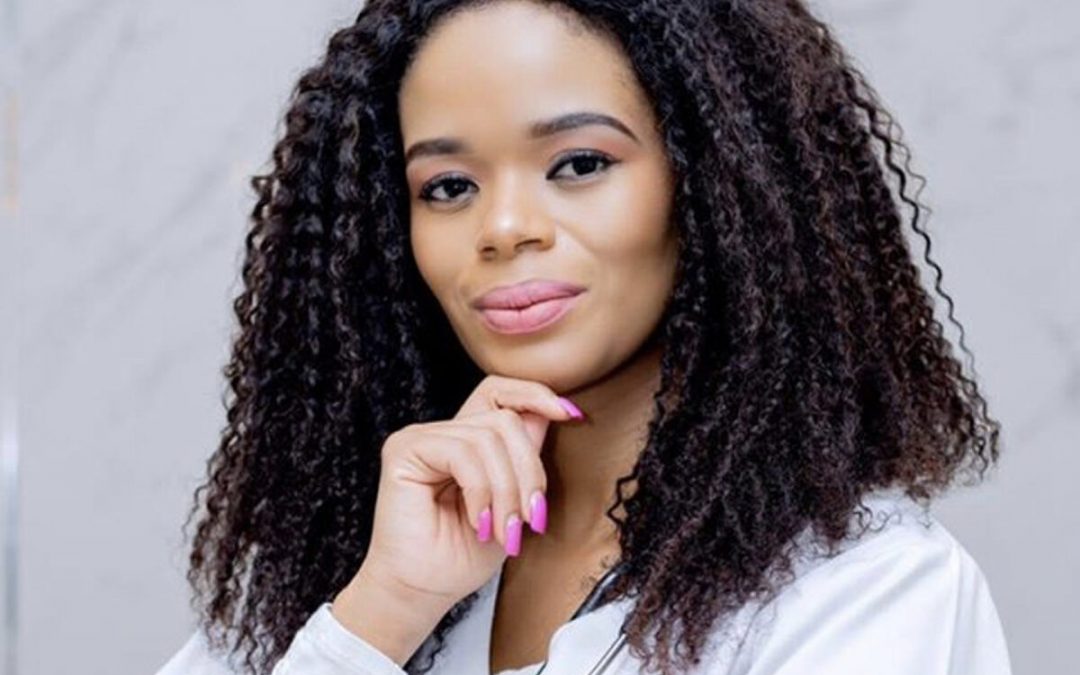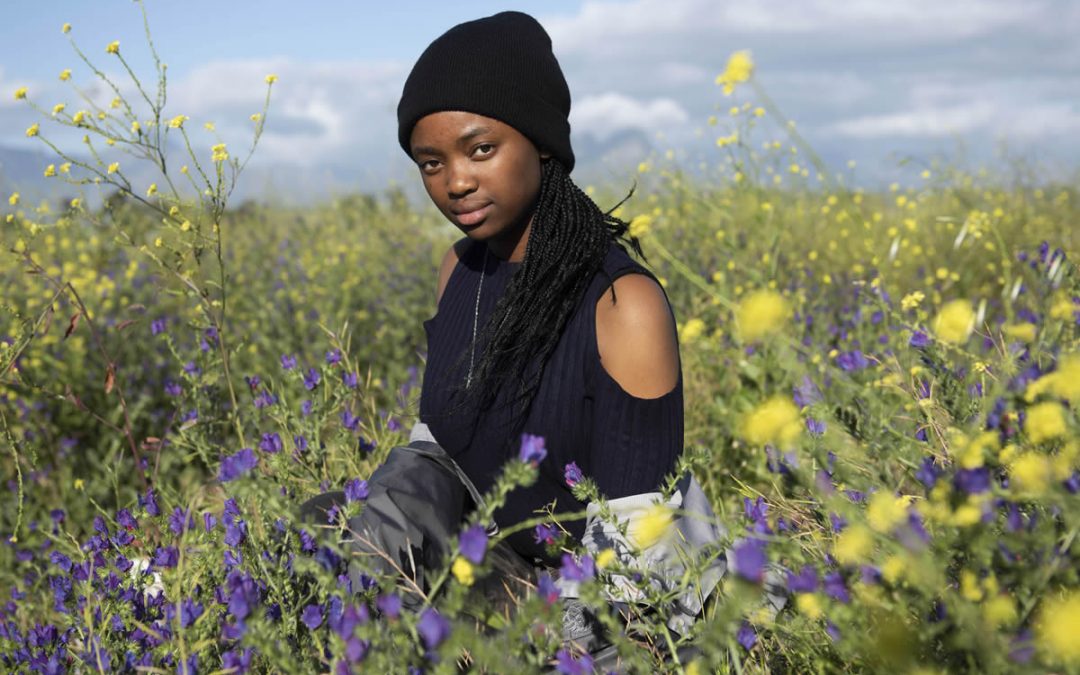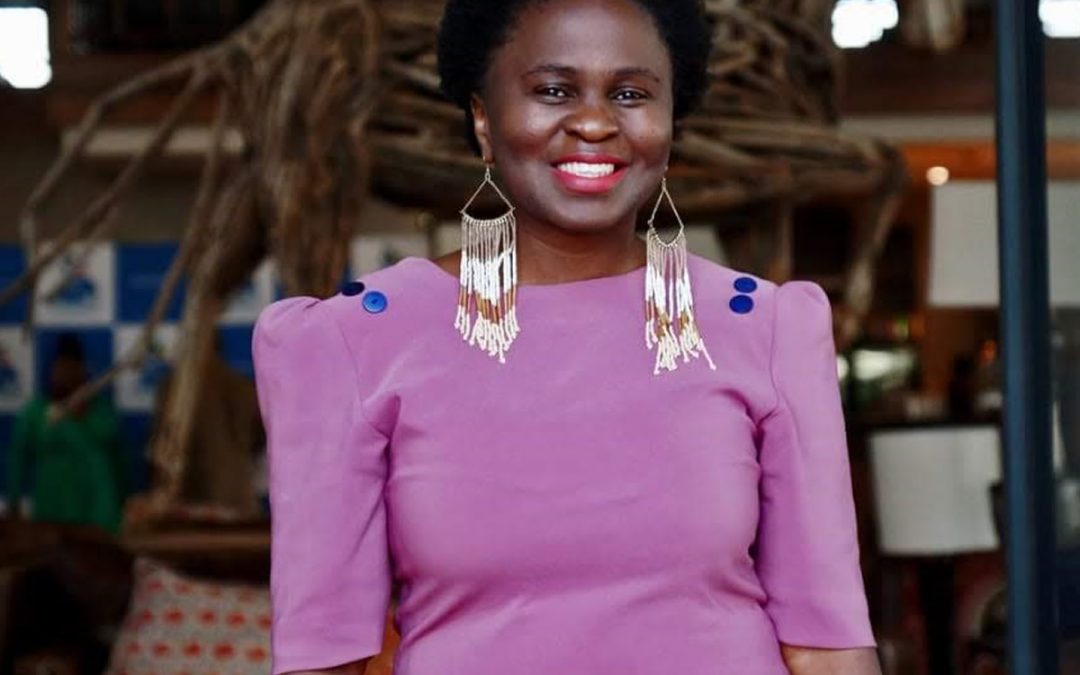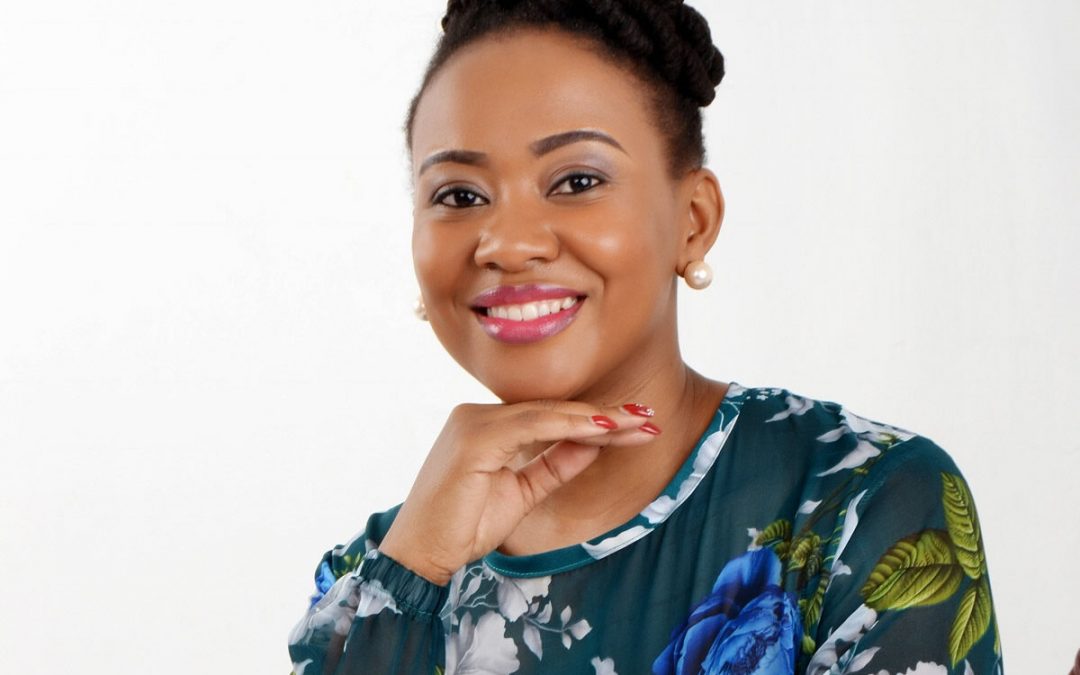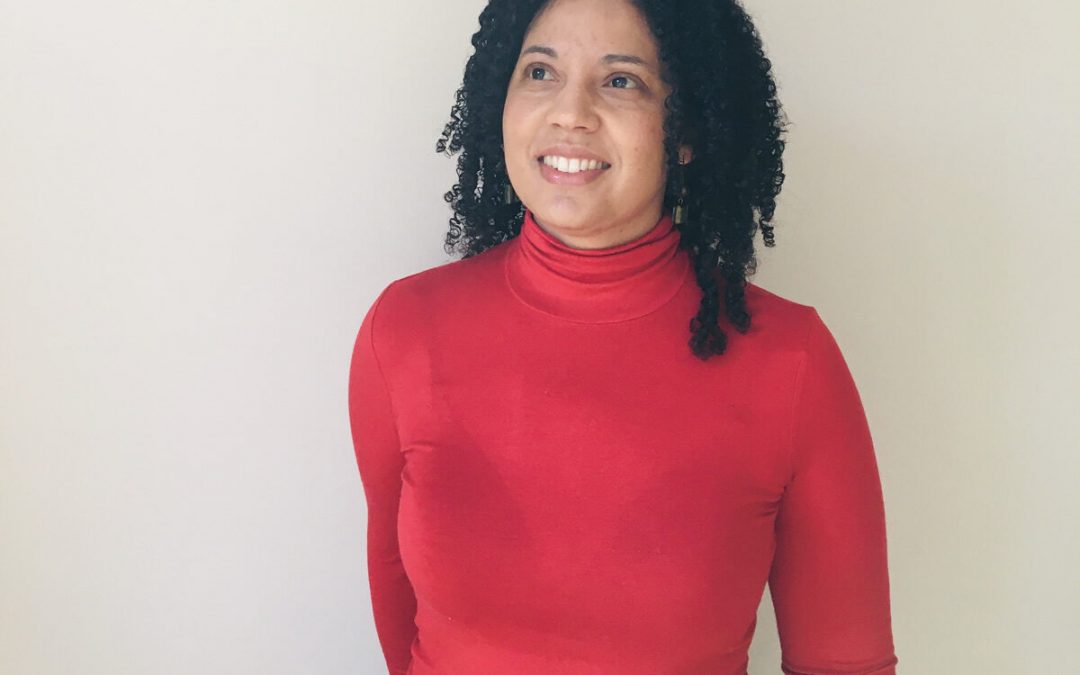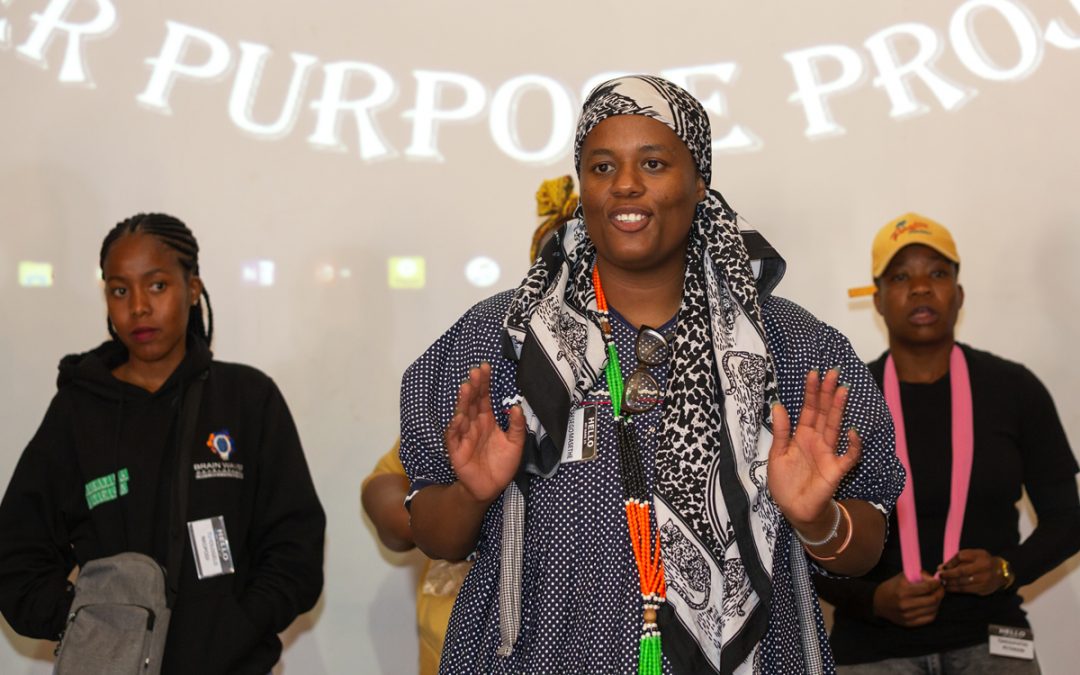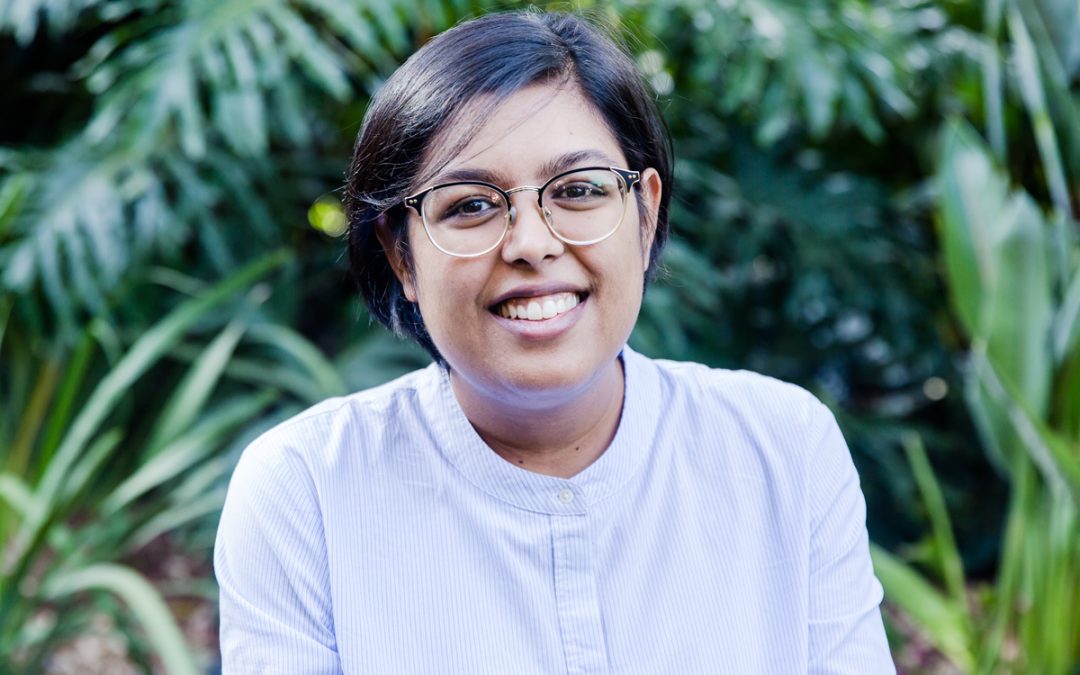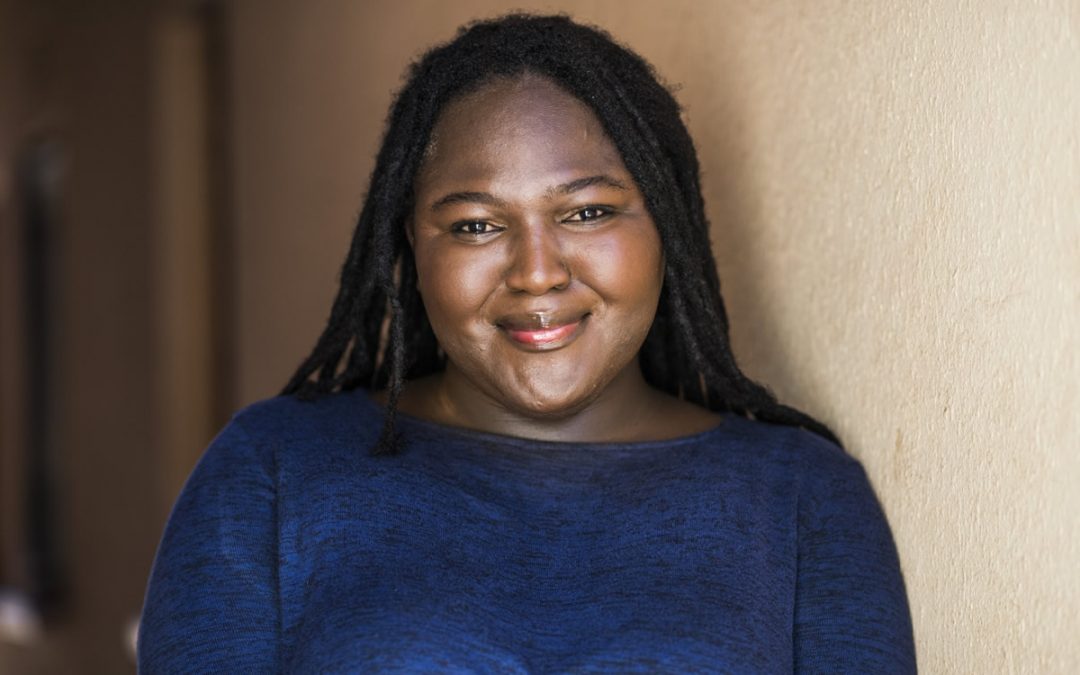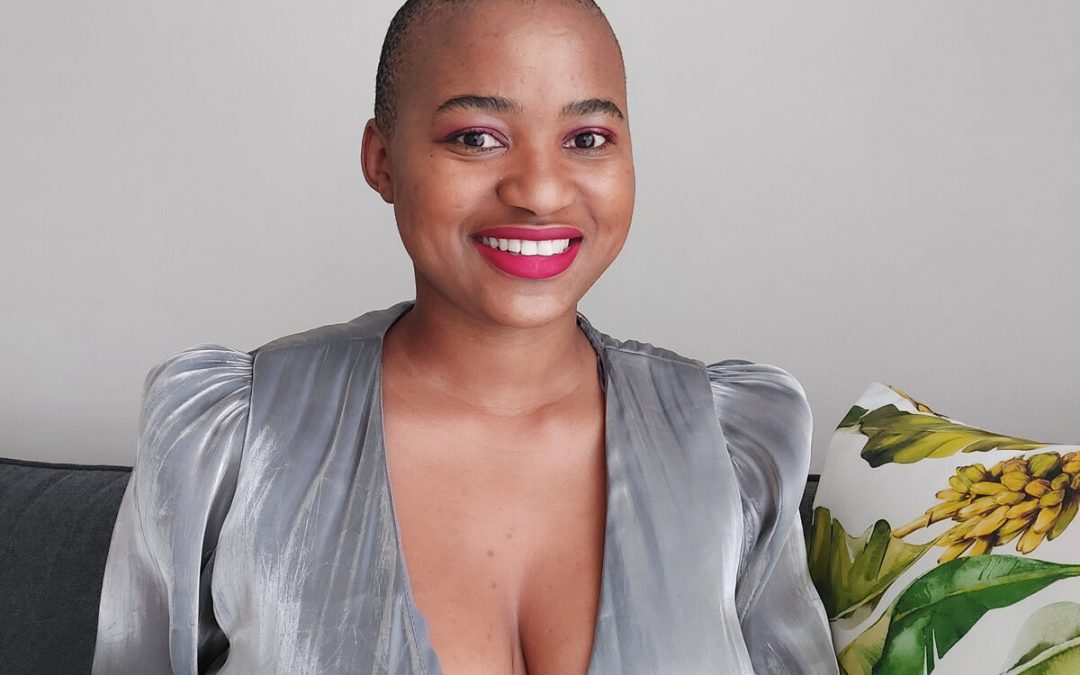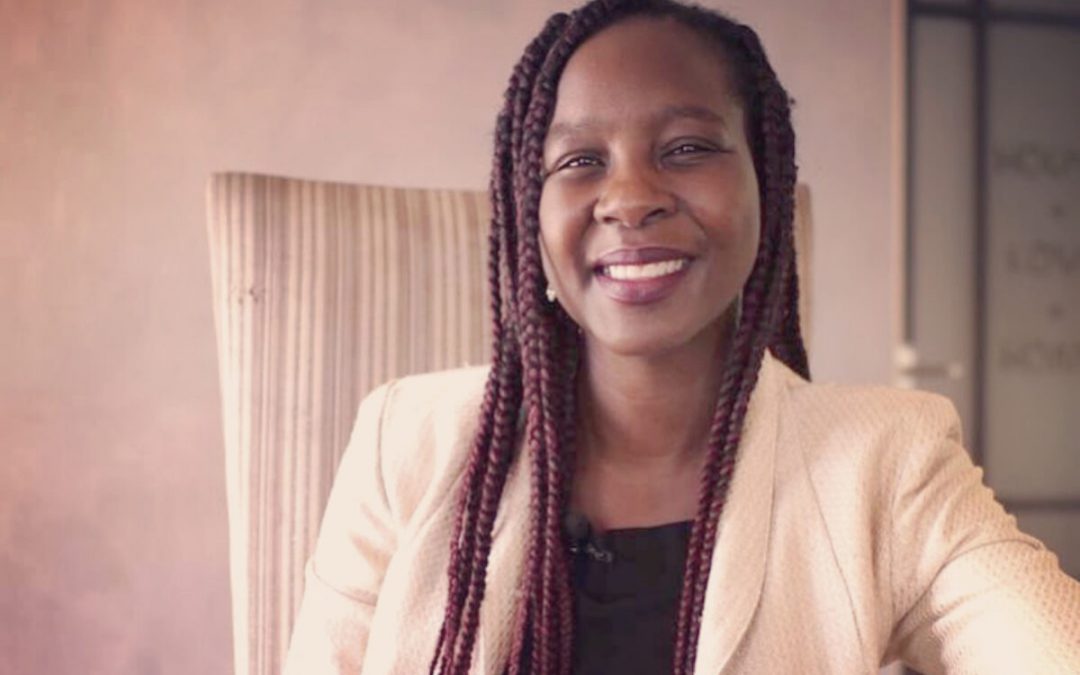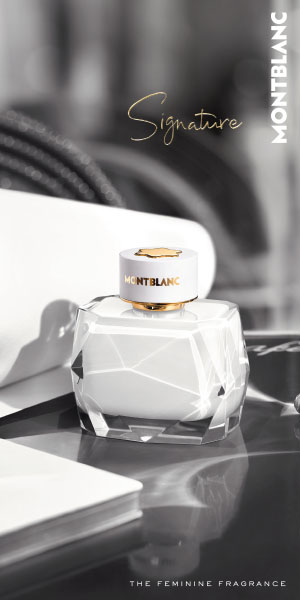The medical doctor and sexual health advocate has changed the way we talk about pleasure.
Dr Tlaleng Mofokeng spent her period of self-isolation indulging in her love of Korean culture: cooking her favourite dishes and watching K-dramas on Netflix.
The sexual and reproductive health expert, popularly known as Dr T, had little time for these activities before lockdown.
Mofokeng’s days are devoted to her advocacy. The doctor shares her expertise on various platforms, including TV, radio, print and social media. She also runs a women’s health clinic in Johannesburg and serves on the Commission for Gender Equality in South Africa. Her book, Dr T: A Guide to Sexual Health and Pleasure, was published last year and welcomed by rapt reviewers.
Her impressive resumé does not end there. Earlier this year, Mofokeng was appointed the United Nations Commission on Human Rights’ special rapporteur on the right to enjoyment, physical and mental health. She is the first African and woman to be appointed to this position.
Mofokeng, who grew up in QwaQwa in the former Orange Free State, says her interest in sexual health advocacy was sparked after hearing firsthand the highly medicalised conversations about sex that were the norm, especially with young people.
“They weren’t taking into account all the other different challenges young people encounter,” she says. “But also the issues of sexual pleasure; pleasure is the ultimate reason people want to have sex.”
Her aim is to talk about sex in a way that is accessible and inclusive. “I want to focus on sex as something that is not only done to women, but also be deliberate about the way I talk about sexual health, sexual pleasure and the sexual rights of women.” In doing so, Mofokeng challenges the idea of desire as the domain of men only.
“But that’s why I always like to view what I do from the perspective of human rights. Because when I’m talking about young people or young adults, they have a right to information and about their health. They have a right to that information,” Mofokeng says.
“So even though there is pushback, it’s not enough for me to change or question what I’m doing.” She says the pushback she faces, often coloured by gender stereotypes and misogyny, “doesn’t even make sense”.
“To me it’s just noise. It is nothing that would really make me deviate from giving people information and advocating for access to comprehensive services.”
In her capacity as a United Nations Commission on Human Rights special rapporteur, Mofokeng hopes that whatever solutions she and member states come up with to tackle issues of health rights are “centred around the restoration of human dignity”.
As for South Africa’s gender inequality crisis, Mofokeng wants to see all spheres of government taking accountability. “I don’t think this fight can just fall on women. Women have marched and done petitions. They have marched and they have marched again. They have been violated at those very marches,” she says.
“I don’t think that what has to happen is on women … There is a lot that women have already done and it is about time the state and the system show up and do the right thing.”

